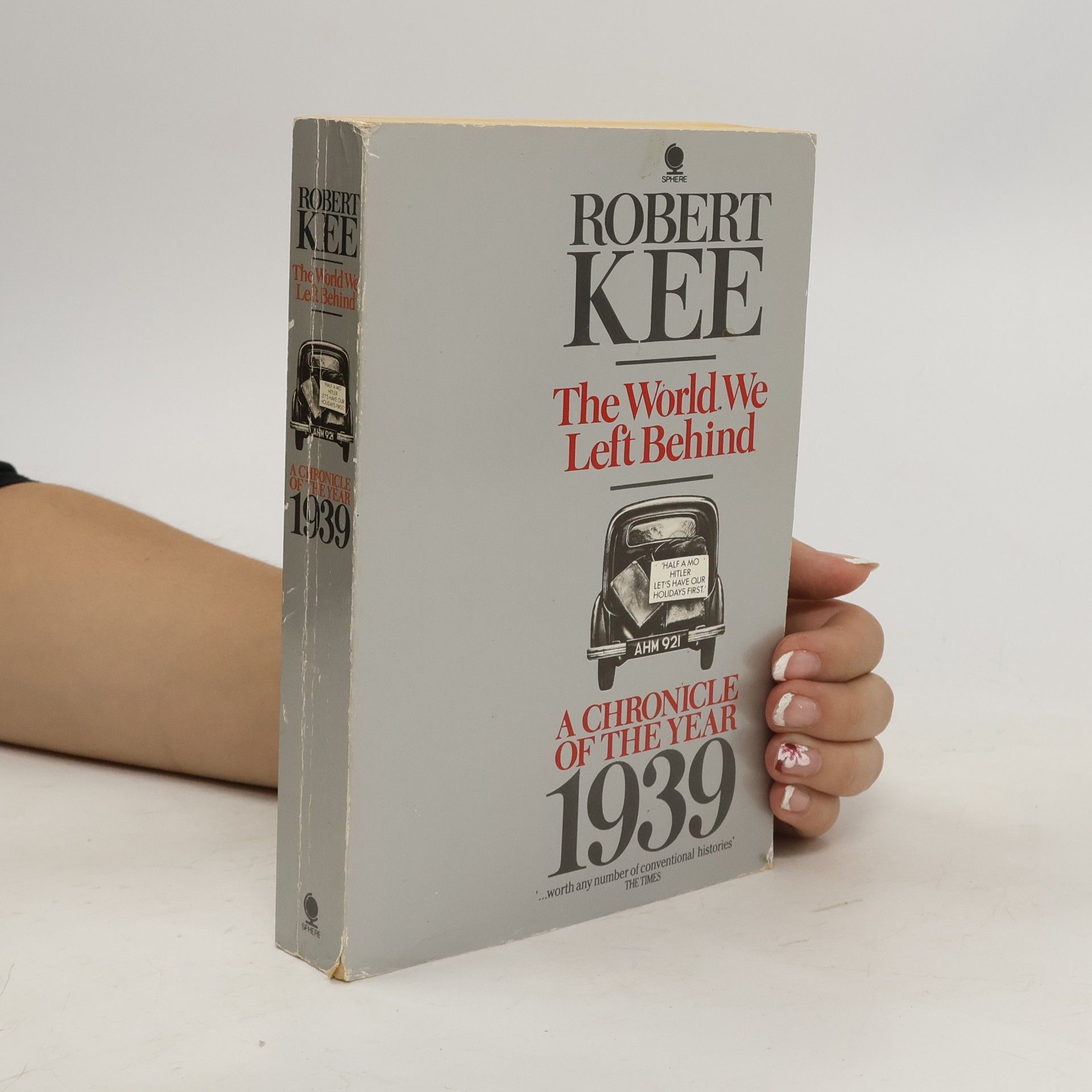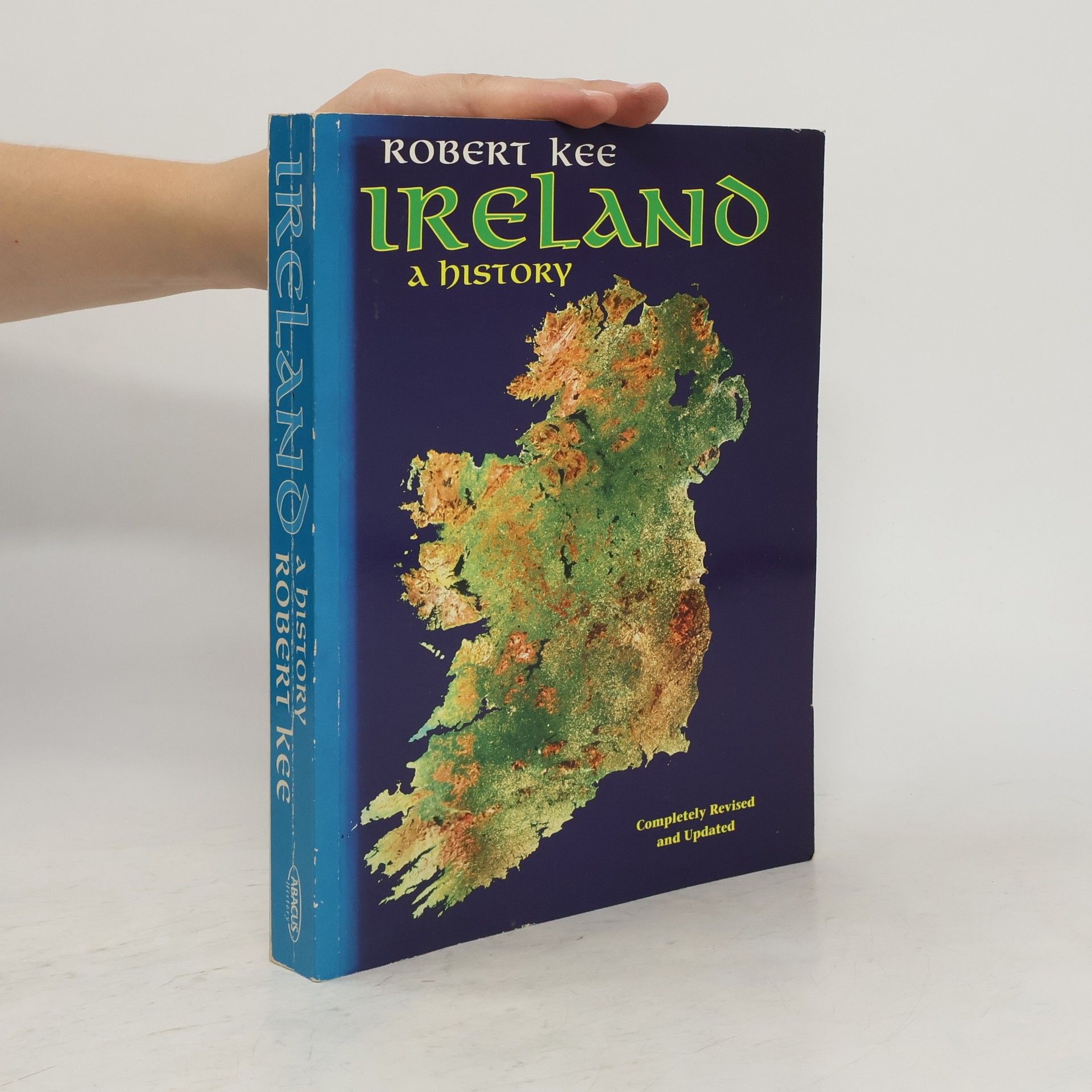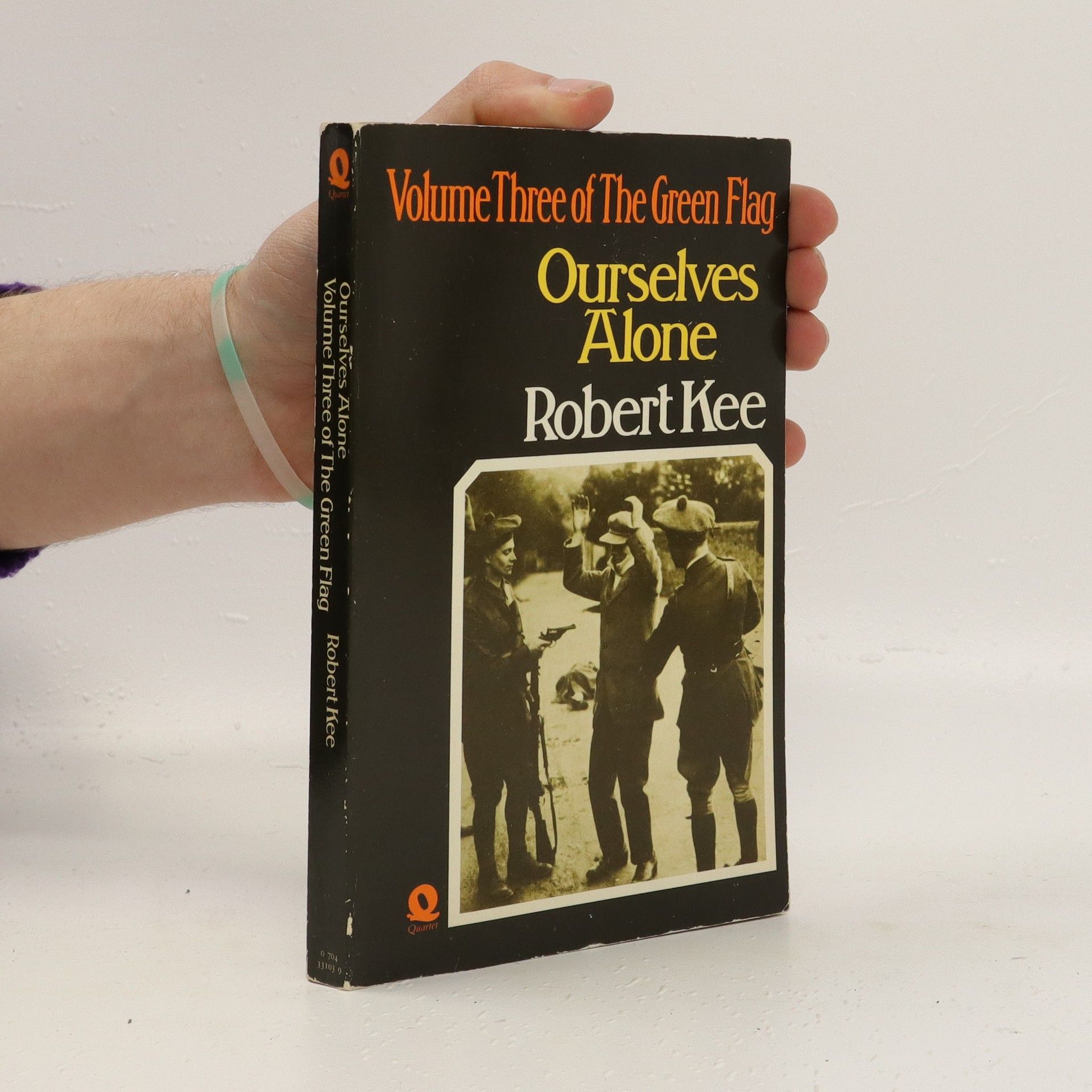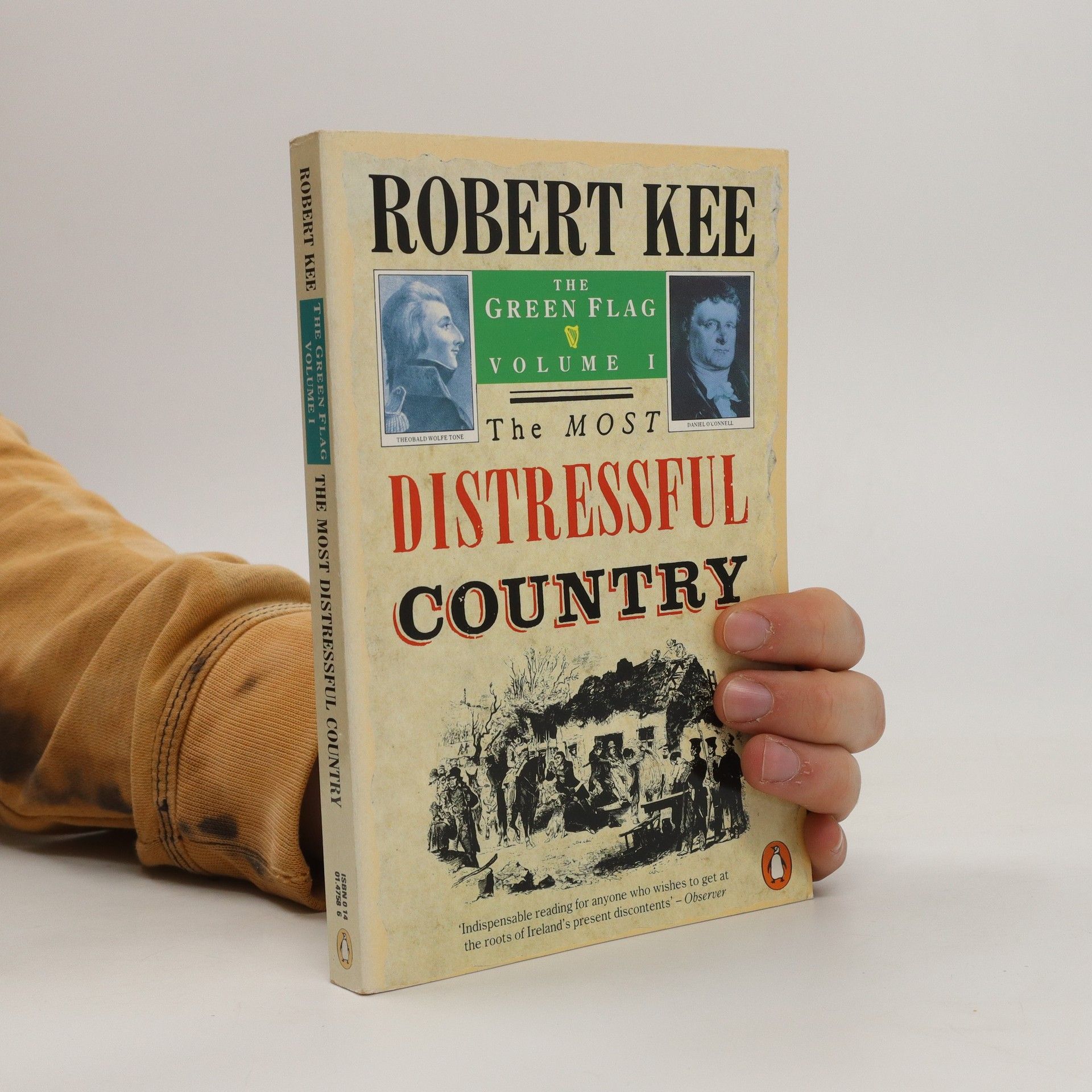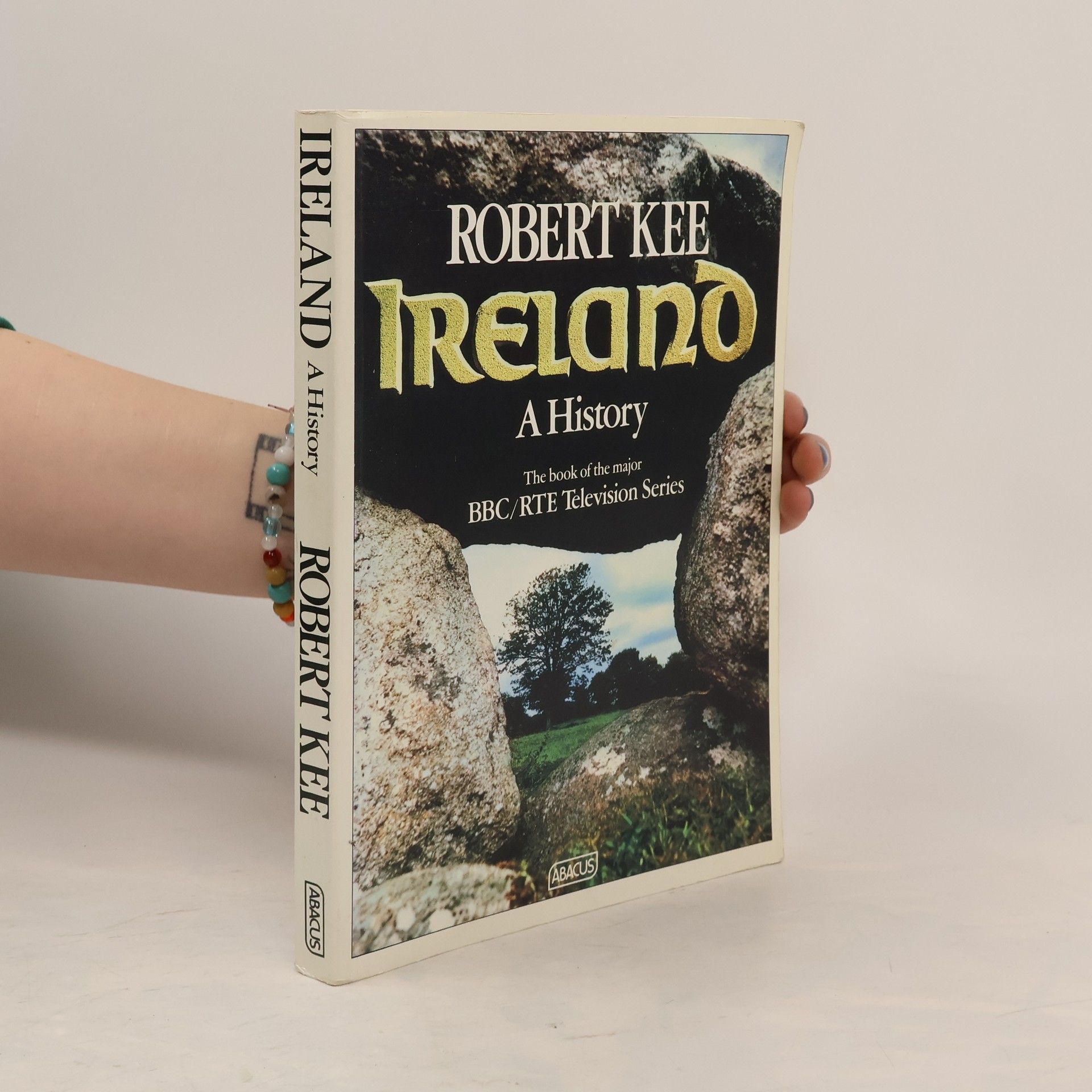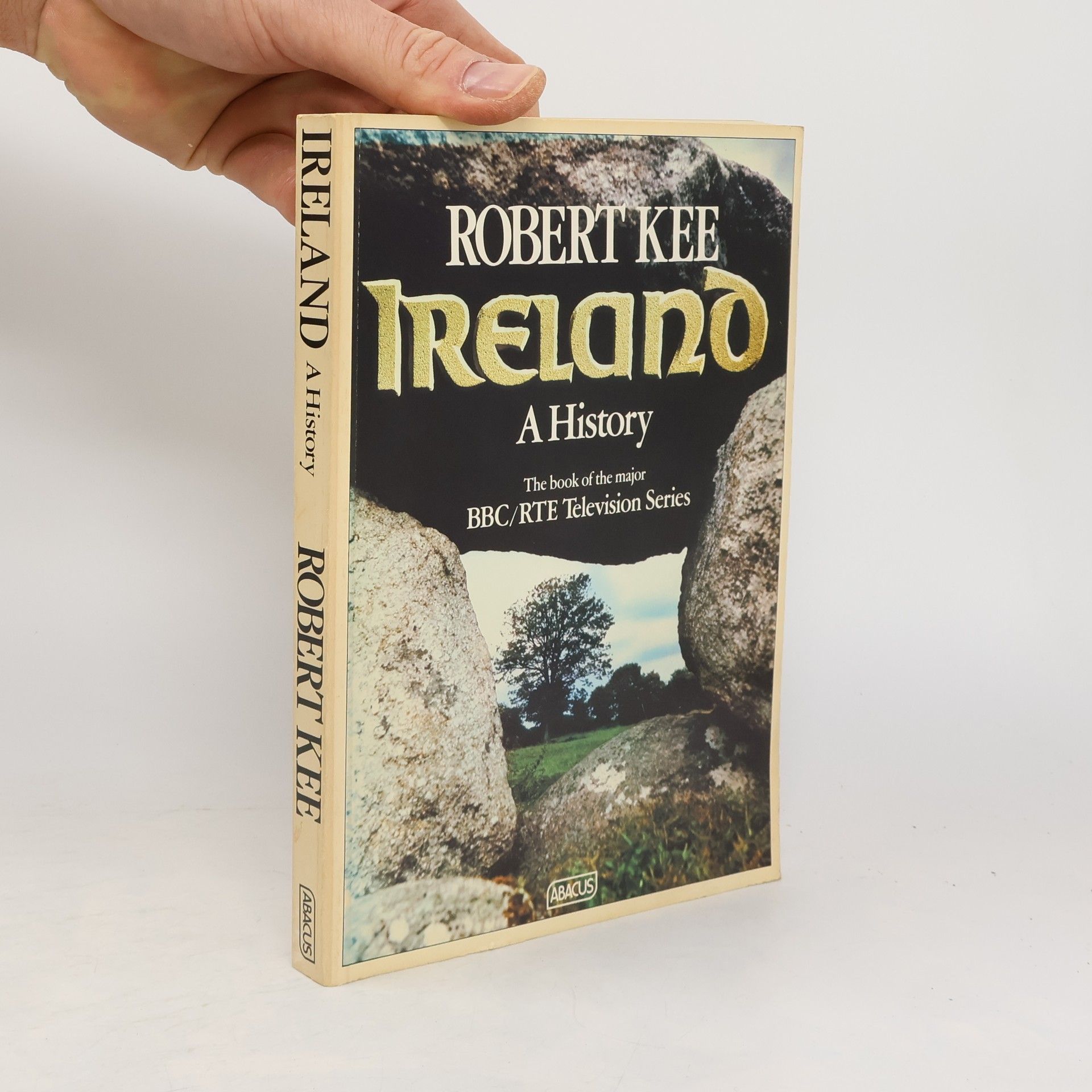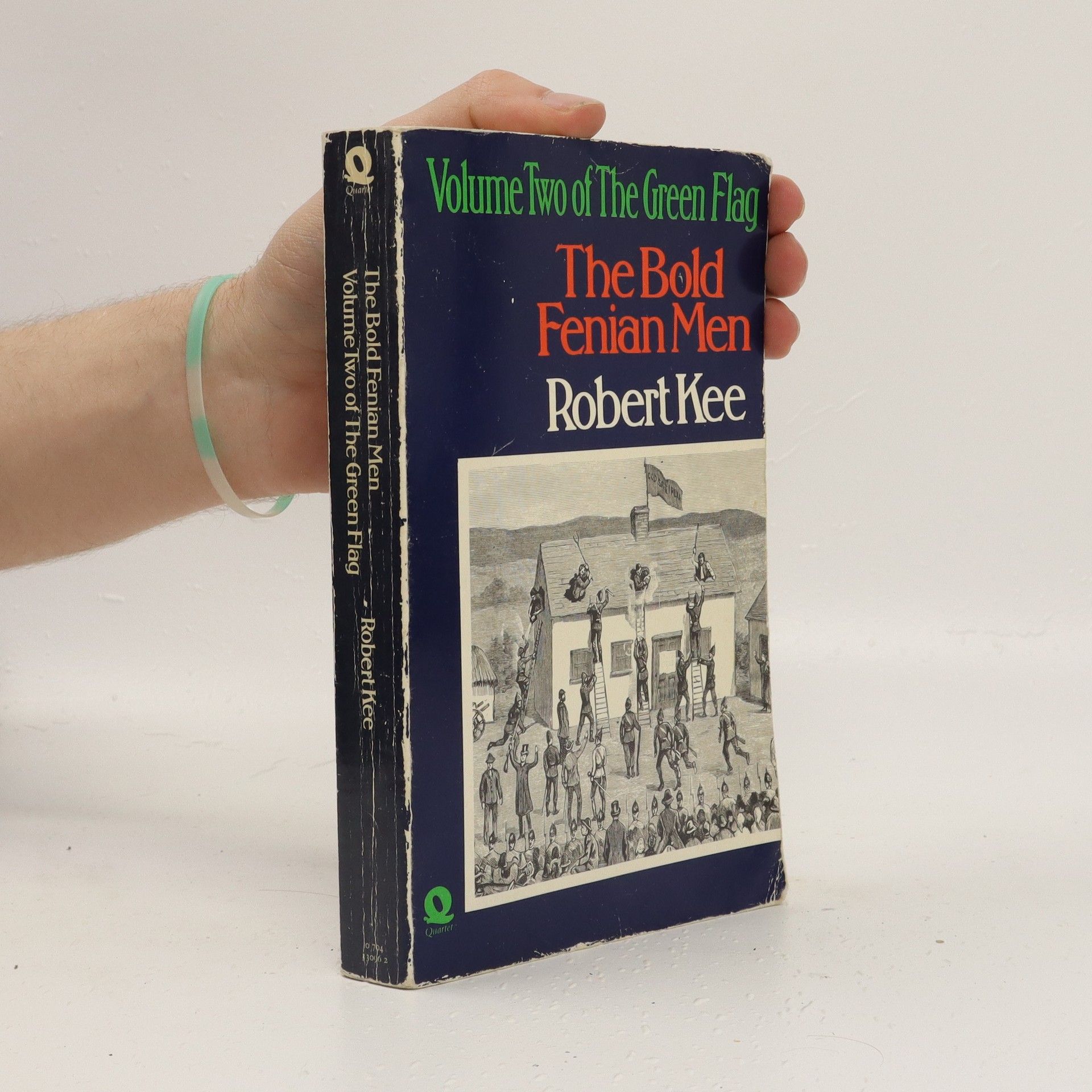The Picture Post Album
- 176 páginas
- 7 horas de lectura
Covering the 20 year lifespan of Picture Post magazine, this volume has been compiled to commemorate the 50th anniversary of the magazine's launch. It contains a selection of previously unpublished photographs discovered in the archives of Picture Post.
